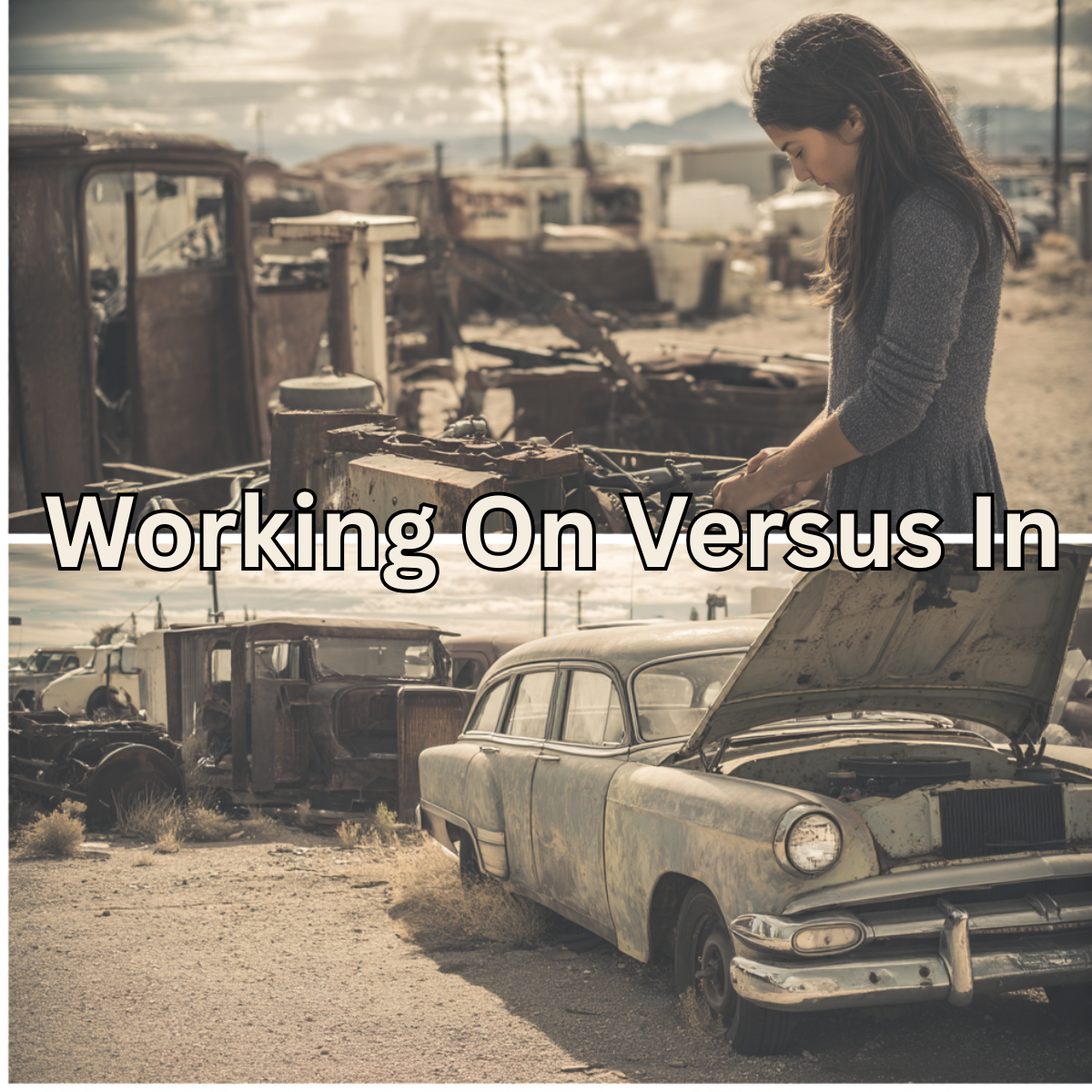I have read a lot of books—fiction, non-fiction, historical documentaries, and everything else in between. I have read hundreds of technical books as well. Perhaps the category I have read the most of is books about how to be better at business and leadership skills. For the most part, these books are repetitive, saying the same thing in many different ways. There are, however, a few of these books that contained a quote that truly hit home for me and forever changed my view of the work that I do. One of those books is called The E-Myth Revisited by Michael Gerber. In one of the chapters, he focuses on a pivotal concept about being a business owner, encapsulated in this quote:
“Go to work on your business rather than in it; work on it as if it were the prototype for 5,000 more just like it.”
Gerber’s point is that many entrepreneurs and professionals get trapped in the day-to-day grind of their business. They become technicians, doing the work, rather than visionaries, building a system. Working in the business means you are consumed by daily tasks; working on the business means you are designing a system that operates efficiently without you being the sole engine. When you think of your business as a prototype for thousands more, you naturally begin to focus on creating repeatable, scalable processes rather than relying on your personal effort alone. It shifts your mindset from survival to sustainability and growth.
Another book that made a significant impact on me is Principles by Ray Dalio. In it, he encourages people to take a top-down or systemic view of their lives and their businesses. Of all the insights in that book, the one I remember most vividly is:
“View problems like a mechanic views machines — from the top down — to diagnose and fix problems.”
Dalio’s point here is that a good mechanic doesn’t simply look at the smoke coming out of an engine and immediately start replacing parts. Instead, they step back, examine the system as a whole, identify where the breakdown is occurring, and methodically address the root cause. He advocates for approaching our lives and our organizations in the same way. When a problem arises, rather than reacting emotionally or impulsively, we should detach ourselves, look at the system broadly, and diagnose the true source of the issue.
Applying this way of thinking to our personal lives means cultivating a habit of self-examination without blame or emotional clouding. Where are we inefficient? What patterns consistently lead to our struggles? Which systems—or habits—are producing unintended outcomes? By taking a mechanic’s view of our lives, we can fix not just the symptom, but the underlying problem. This approach demands honesty, patience, and a willingness to redesign the systems we rely on every day.
Getting back to the point Gerber made about working on something rather than in it, this mindset allows you to spend time making your life more efficient. Often, we spend so much time doing that we fail to improve how we are doing it. We can fall into extremely unproductive and inefficient routines because we are too busy handling the workload to notice how flawed our methods have become. This is something I actively think about and work on in my own life. I have found immense value in deliberately taking time away from the constant churn of tasks to reflect on how I am approaching my work. That small investment of time has led to monumental shifts in my productivity and opened doors to new methods and tools I would have otherwise missed.
If there is one piece of advice I would encourage you to embrace, it is this: follow the wisdom of Gerber and Dalio. Create space in your life not just to do more, but to do better. Step back, take the long view, and work on your systems with the same care and intentionality that you bring to your daily tasks. In doing so, you’ll find a clarity and effectiveness that working harder alone can never achieve.




